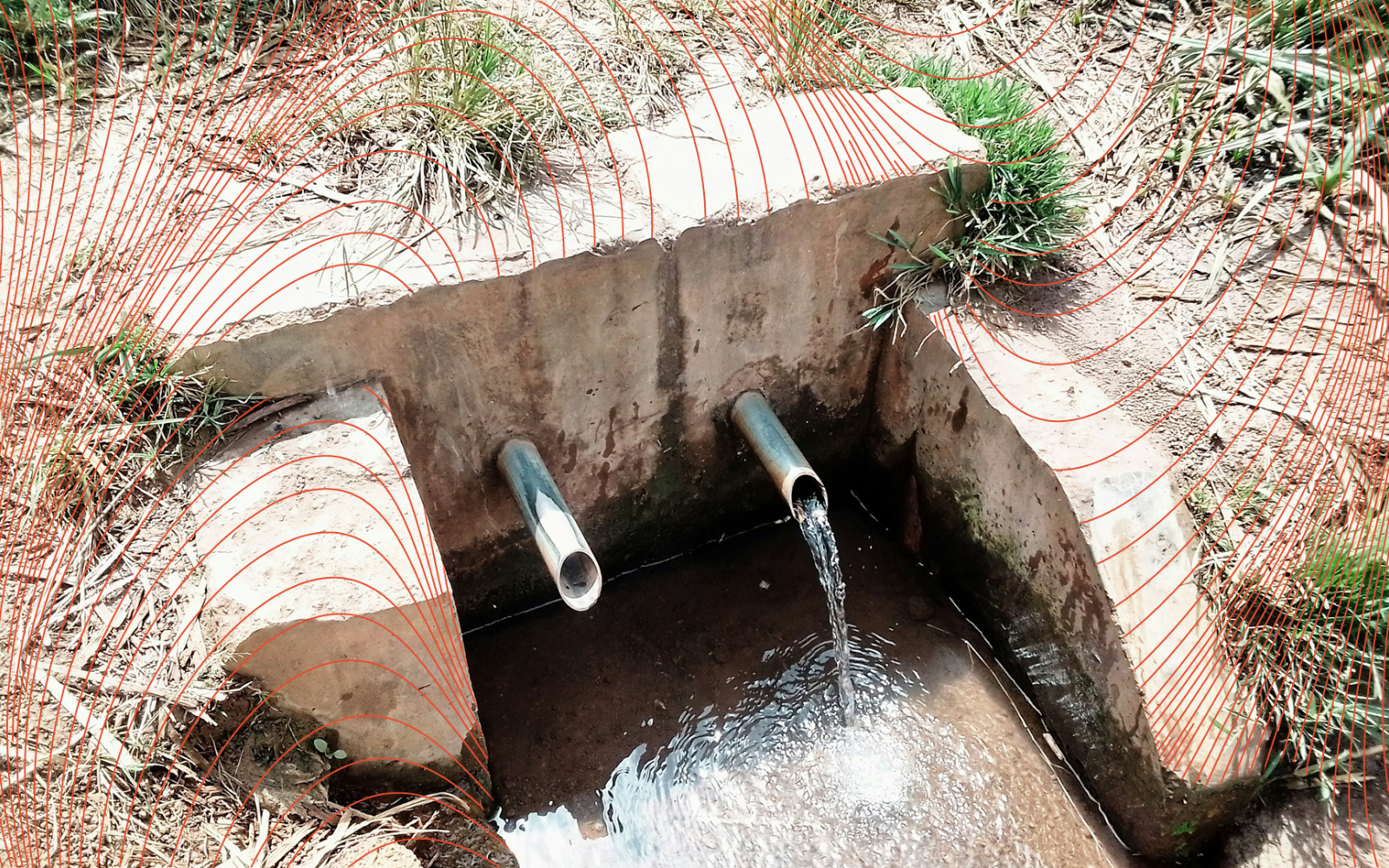Driving Corporate Transformation Through Innovative Training
SEBASTIEN BOSSARD | CEO OF KERSIA | FRANCE
Sebastien spearheaded changemaker training within his company in the chemical industry, transforming mindsets and fostering a culture of innovation and empathy. By introducing Ashoka programs and focusing on systemic change, he empowered employees to become changemakers, fostering collective responsibility and aligning corporate values with social and environmental impact.
